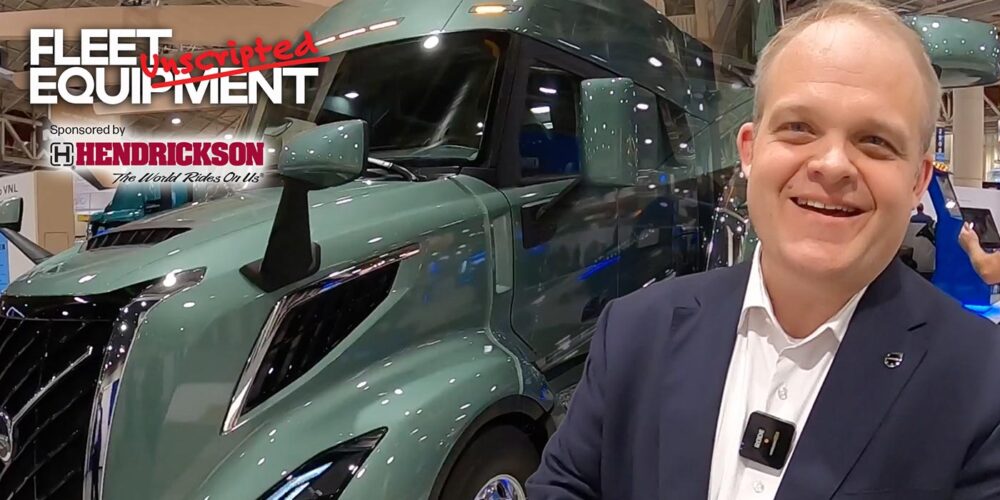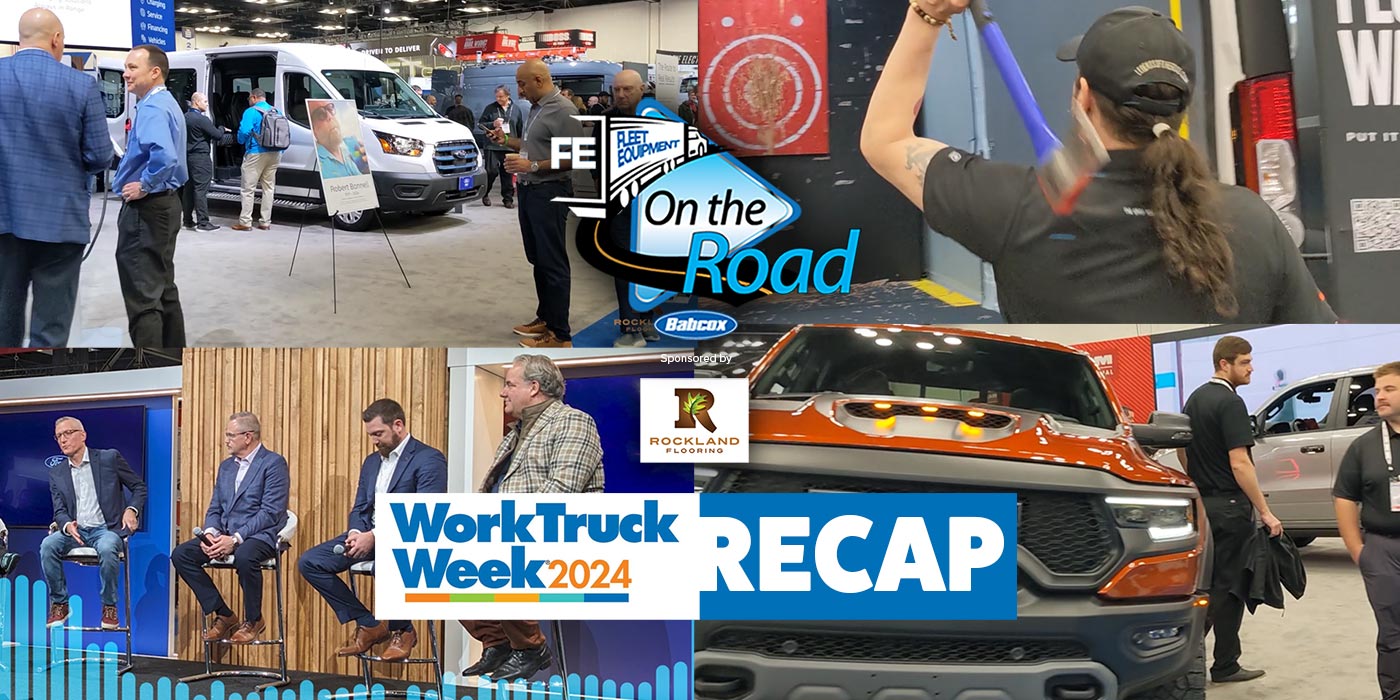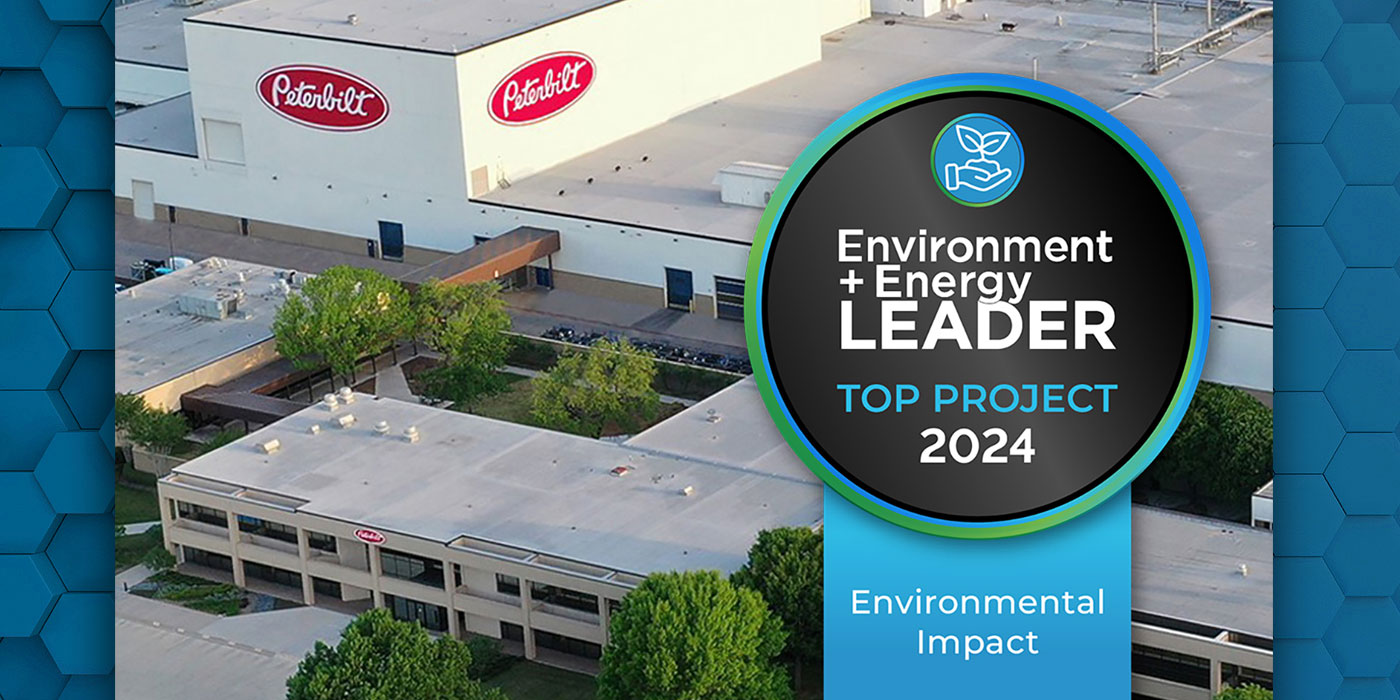The industry has truly hit the ground running with ambitious goals of attaining net-zero emissions. It’s in all the headlines and has become the main topic of discussion for a lot of OEMs looking to contribute their share to sustainability initiatives.
While a lot of the time, we associate electrification with achieving zero-emissions, infrastructure and lack of funding for such an enormous transition makes the implementation of BEVs easier said than done. We are currently in what is known as the ‘messy middle:’ where we definitely aren’t where we used to be, but we definitely haven’t reached the finish line.
Let’s see what Rick Mihelic, director of emerging technologies at the North American Council for Freight Efficiency (NACFE), has to say about how hydrogen can play a role in making it through the woods.
“Natural gas is a really cost-effective, mature alternative to diesel. It has lower emissions, so it fits in really well for the longer duty cycles, longer mileage, higher weight payloads. In terms of the transition from today to a zero emission future, there are a lot of choices available. Natural gas is one of those in what we call the messy middle, all these different technology choices. It’s suitable in other applications where there’s some synergy with the manufacturer of natural gas, such as a waste processing facility. So for instance, refuse haulers are a really good fit for natural gas because they’re tied to facilities that produce natural gas.”
It’s reassuring to know that there are a variety of technology choices available to support this transition, including natural gas, which seems to be an excellent choice for applications that can benefit from mutual synergy. Is this form of fuel simply a stepping stone or is it here to stay?
“Natural gas will be here for a while, but it has been in the marketplace for well over a decade. It has made only marginal inroads into the marketplace. So it may be a niche solution for a long time. In the long run, as I said, the goal is to get to zero emission freight solutions, which really gets you into hydrogen produced from green energy sources or with carbon capture solutions or electrification. And both those solutions are going to be needed in the future because they’re both optimized for different parts of the replacement to diesels.
“So in the long run, what we see is that we’re going to be moving to zero emission transportation solutions. But in the interim, between now and that future point, renewable natural gas is a very good alternative as these fleets migrate from diesel to a zero emission future.”
There’s no doubt about it—we are well on our way towards more sustainable operations, but while we can see the horizon, it will still be some time before we reach it. This alternative allows us to continue down the road to greener transportation and may even stick around for the long haul.













